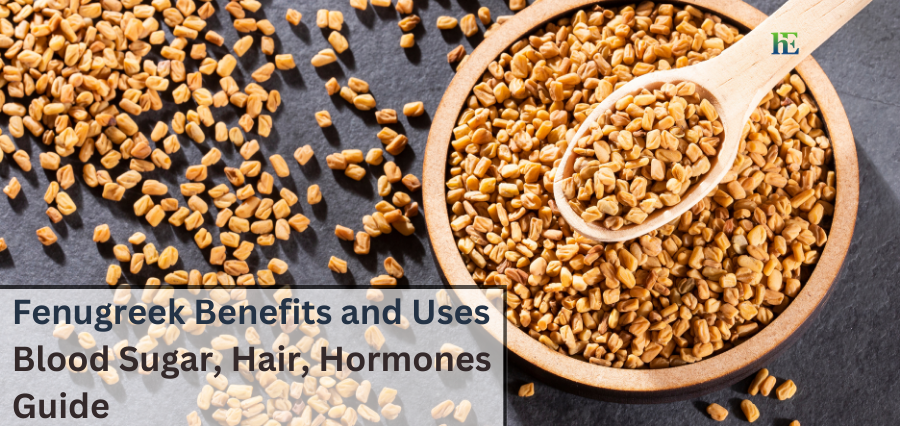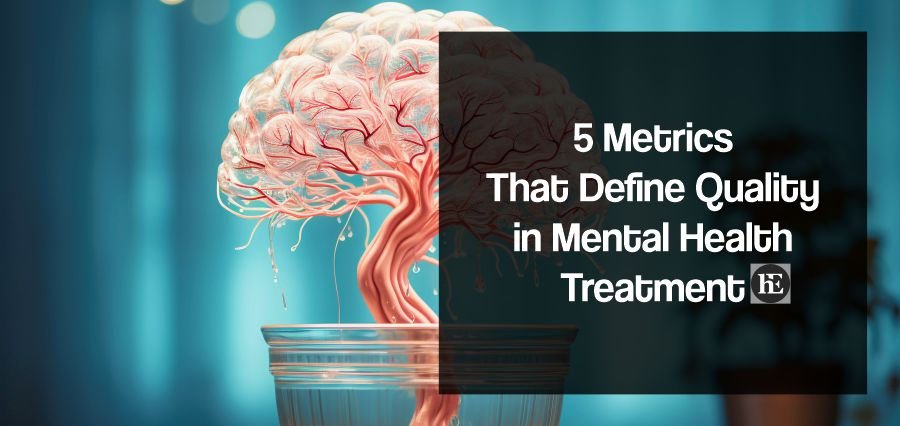The Science of Vegan Supplements and the Best Possible Health Results
The Science Behind Vegan Supplements: Bridging Nutrition Gaps for Optimal Health
As veganism continues to grow in popularity, so does the focus on ensuring a well-balanced plant-based lifestyle. While a vegan diet is rich in fiber, antioxidants, and phytonutrients, it can sometimes fall short in delivering certain essential nutrients. This is where vegan supplements, backed by solid scientific research, come into play — helping individuals meet their nutritional needs without compromising their ethical and environmental values.
Why Vegan Diets Need Supplement Support
Eliminating animal-based products like meat, dairy, and eggs means that vital nutrients such as vitamin B12, iron, omega-3 fatty acids, and complete proteins are less readily available. While a plant-based diet has numerous benefits, research shows that without proper supplementation, it may lead to deficiencies that can impact energy levels, immunity, and overall wellbeing.
For example:
Vitamin B12, naturally found only in animal products, is essential for brain health and red blood cell production. Studies from the American Journal of Clinical Nutrition highlight how B12 deficiency can cause fatigue, neurological issues, and anemia.
Iron from plant sources is not as easily absorbed as heme iron from meat, leading to a higher risk of deficiency unless paired strategically with vitamin C or supplemented.
Omega-3 fatty acids like EPA and DHA, crucial for heart and brain health, are largely absent from plant-based foods. While plants offer ALA (a precursor), our bodies convert it inefficiently, with less than 10% effectiveness, as per Nutrition Reviews.
Complete proteins are another challenge. Most plant proteins lack one or more essential amino acids, requiring mindful food combinations or supplementation to meet the body’s needs.
Must-Have Vegan Supplements Backed by Science
Vitamin B12 (Cyanocobalamin/Methylcobalamin)
Derived from bacterial fermentation, these forms of B12 are effective in maintaining healthy levels. A 2019 review in Nutrients reports that up to 70% of vegans may be B12 deficient without supplementation.Iron (Ferrous Sulfate or Plant-Based Chelated Iron)
Pairing plant iron with vitamin C enhances absorption. For those at risk, supplements help maintain hemoglobin levels. The Lancet supports the efficacy of these supplements, especially in vulnerable groups.Omega-3 Fatty Acids (Algal DHA and EPA)
Algae-based supplements provide a sustainable and effective alternative to fish oil. According to The Journal of Nutrition, they significantly raise blood levels of DHA and EPA, promoting cardiovascular and cognitive health.Vitamin D3 from Lichen
Unlike traditional D3 from lanolin, vegan D3 from lichen is equally effective. Research in The Journal of Clinical Endocrinology & Metabolism shows it helps regulate mood, immune function, and supports strong bones.Plant-Based Protein Powders
Pea, hemp, rice, or blended plant protein powders offer a complete amino acid profile. As per Sports Medicine, they are just as effective as whey protein in supporting muscle growth and recovery for active individuals.
Evidence-Based Recommendations
The benefits of vegan supplements depend on quality and proper dosage. Clinical studies suggest:
B12: 250–500 mcg per day
Omega-3 DHA/EPA: 200–300 mg per day
Choosing third-party tested brands and consulting healthcare professionals ensures optimal results, especially for athletes, seniors, and pregnant women with increased nutritional needs.
Final Thoughts: A Science-Backed Path to Healthy Vegan Living
Scientific advancements in supplement technology make it easier than ever for vegans to thrive. With the right supplementation strategy, plant-based eaters can enjoy peak physical and mental health without compromising on their values. The harmony between ethical living and top-tier nutrition is not only possible — it’s proven.
Latest Article
-
 Fenugreek Benefits and Uses: Blood Sugar, Hair, Hormones GuideArticle
Fenugreek Benefits and Uses: Blood Sugar, Hair, Hormones GuideArticle -
 11 Questions Life Coaches Ask That Change How You ThinkArticle
11 Questions Life Coaches Ask That Change How You ThinkArticle -
 8 Real Benefits of Life Coaching That Go Beyond MotivationArticle
8 Real Benefits of Life Coaching That Go Beyond MotivationArticle -
 Blaze Schwaller: For Every Person Who Has Ever Felt Too Much, Too FastArticle
Blaze Schwaller: For Every Person Who Has Ever Felt Too Much, Too FastArticle -
 5 Metrics That Define Quality in Mental Health TreatmentArticle
5 Metrics That Define Quality in Mental Health TreatmentArticle
